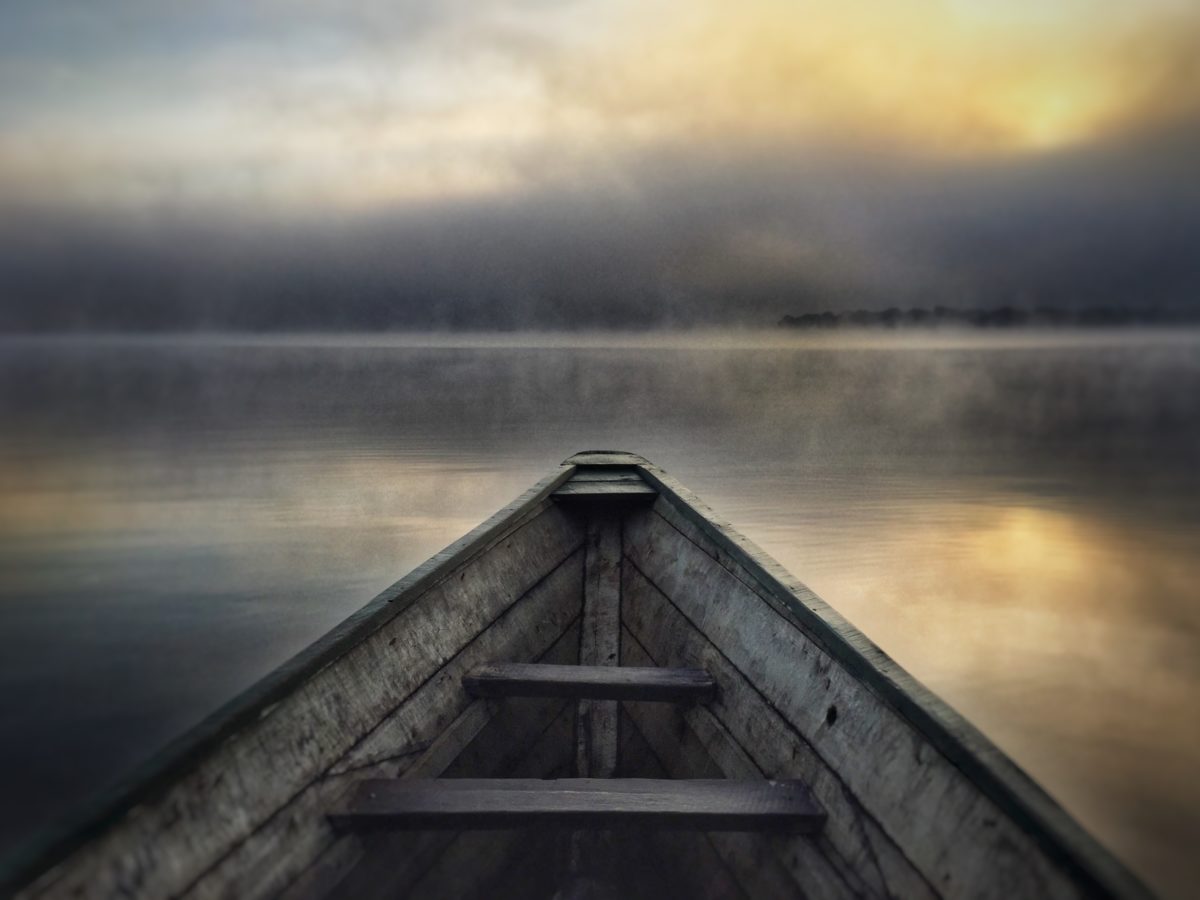The African Development Bank is seeking consultants to explore how two hydropower projects and an associated grid planned in Burundi can incorporate solar power. The addition of photovoltaics is intended to reduce the country’s dependency on hydro, level out generation during dry and wet seasons and mitigate the effect of droughts.
The African Development Bank is helping small hydropower project developer Songa Energy Burundi find consultants to help it add solar to the mix in two planned hydro projects and an associated local grid.

The multilateral lender has issued a request for expressions of interest by consultants who could conduct feasibility studies into solar hybridization of the projects and produce grid interconnection studies, local distribution grid assessments and environmental and social impact studies.
The tender document states Songa Energy has applied for financing from the Sustainable Energy Fund for Africa for its Ruvyi102 and Mule037 hydropower projects. The former is a 1.1 MW project in the Ryansoro commune of Gitega province on the Ruvyironza River which flows into Lake Victoria. Mule037 is an 8 MW facility planned for the Songa commune of Bururi province, on the Mulembwe River.
Solar potential
The consultants selected will have to design a medium voltage local distribution grid and conduct a survey to assess current and future household and small business energy consumption as well as identifying sites for solar installations. They will also have to collect radiation data.
“The consultant firm shall assess the technical, economic and financial feasibility of solar-hydro hybridization on both sites to mitigate the country’s dependency on hydropower, levelize generation [during] dry and wet seasons and mitigate [the] risk of increasing droughts,” the AfDB stressed.
The two projects, which are expected to generate power for state-owned electric utility Redigeso, will be built by Songa Energy and Virunga Power, a private investment firm specializing in power projects in rural sub-Saharan Africa.
Untapped resources
Landlocked Burundi has a population of 10.5 million of whom only 7.6% have access to electricity, with the figure falling to 1.8% in rural communities. The World Bank ranks the small nation among those with the most densely populated rural areas in the world. “Electricity deficiency is one of the principal barriers to social and economic development in Burundi,” the financial institution wrote in a recent report.
“The average solar radiation in Burundi is similar to that of Southern Europe, with around 4-5 kWh/m²/day in the eastern part of the country and 3.3-4 kWh at high altitudes in the western part of the country,” the World Bank stated. According to the International Renewable Energy Agency, Burundi had just 5 MW of solar generation capacity at the end of last year.
Redigeso, which has a monopoly of power supply in the country and serves all its 76,000 customers in the capital, Bujumbura, has peak demand of 58 MW, most of which is met by hydropower and diesel. “The rest of the country remains largely unserved,“ the World Bank report into the nation noted. Peak demand is expected to grow to 249 MW by 2030.